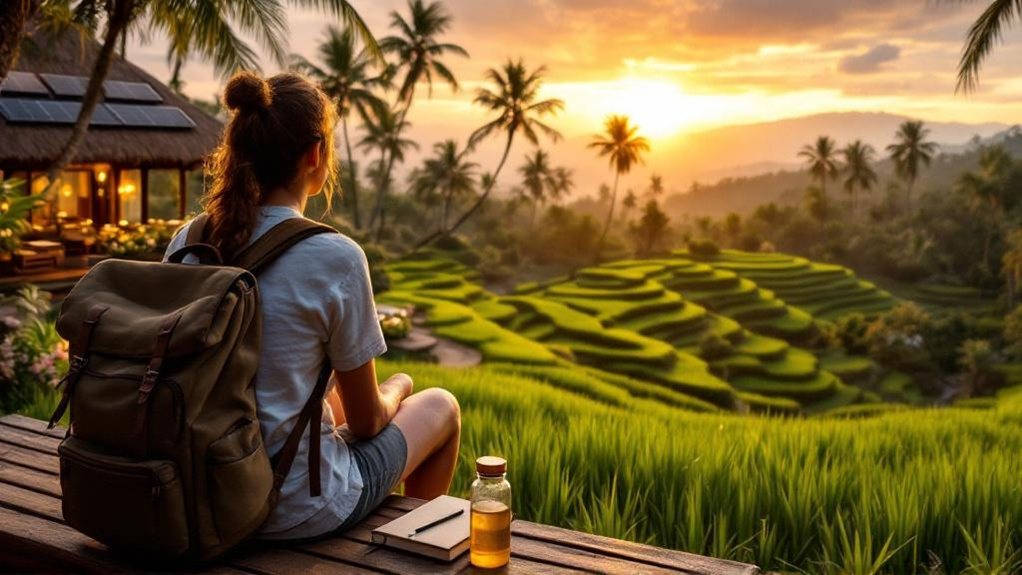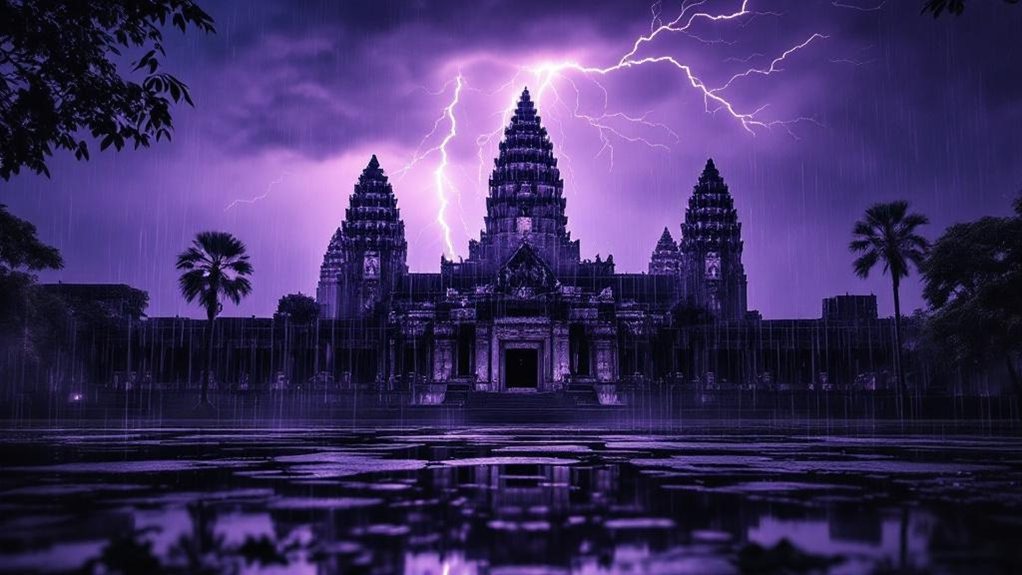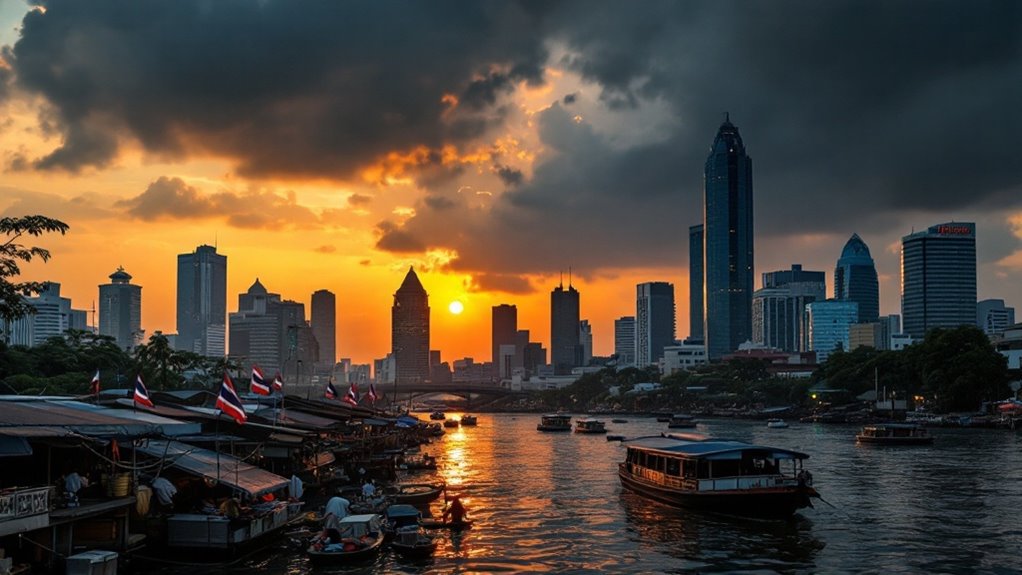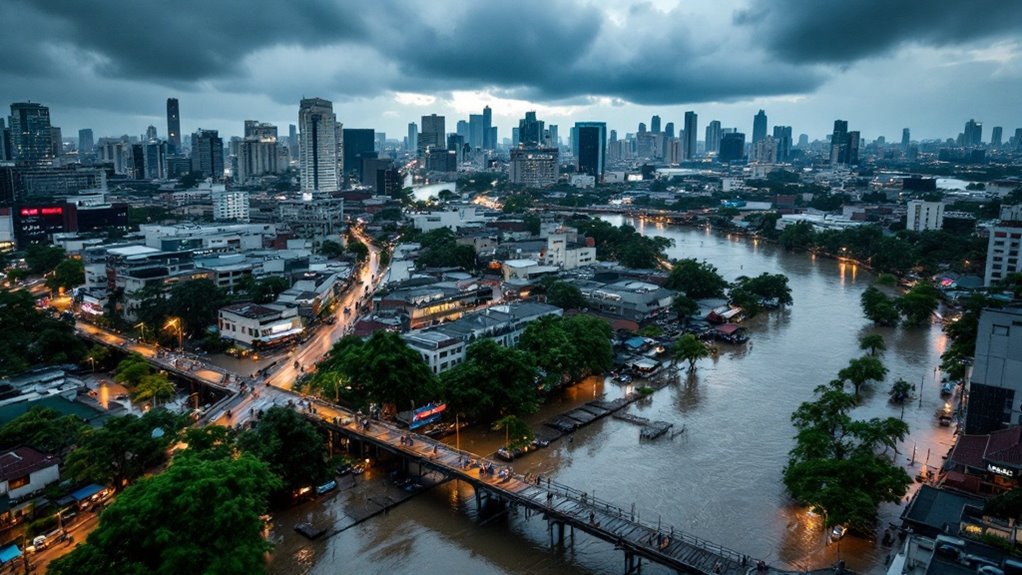Gen Z travelers in Asia are redefining luxury by prioritizing sustainability, cultural immersion, and ethical tourism over traditional extravagance. They choose destinations such as Costa Rica and Norway for eco-friendly practices and actively seek carbon-neutral accommodations. Social media platforms like TikTok and Instagram heavily influence their decisions, while value-driven experiences and personal well-being guide their preferences. Gen Z favors personalized, authentic interactions and supports companies focused on conservation. The evolving concept of luxury is shaping travel trends across the region, as detailed further below.
Although traditional luxury travel has long been defined by opulence and exclusivity, Gen Z travelers are fundamentally reshaping these standards by prioritizing sustainability, cultural immersion, and meaningful experiences. In Asia, this cohort is driving a discernible shift, as over 56% of Gen Z travelers now select destinations with robust environmental practices. This generation frequently chooses eco-friendly hotspots such as Costa Rica and Norway, where carbon-neutral accommodations and conservation efforts align with their priorities.
Ethical tourism is not only a preference but a necessity, with support directed toward tour companies emphasizing sustainability and participation in wildlife conservation initiatives, reflecting a broader commitment to reducing their carbon footprint. Increasingly, Gen Z is seeking out wellness and active travel options that blend physical activity, relaxation, and health-focused experiences for a more holistic approach to luxury.
Cultural immersion stands out as another defining characteristic of Gen Z luxury travel. Approximately 68% prefer adventure-based vacations that include authentic cultural experiences. Rather than seeking material indulgence, these travelers prioritize experiential value, opting for personalized, à la carte luxury. Luxury travel in Asia is shifting towards meaningful experiences, with Gen Z prioritizing boutique stays and destination-based choices over brand names.
Experiences such as participating in cultural festivals and engaging in deep, meaningful interactions with local communities are highly sought after, as Gen Z demands that travel reflect their personal values and identities. Programs that offer genuine community engagement and cultural exchange are especially popular, moving beyond traditional sightseeing in favor of authentic connections.
Social media has emerged as an essential tool in shaping travel decisions for this generation. With 84% using platforms like TikTok and Instagram for travel inspiration, digital content and visual storytelling greatly influence destination choices.
Influencer partnerships serve as a crucial mechanism for increasing visibility and engagement, as Gen Z travelers trust peer recommendations and real-time community feedback. Sharing experiences online is an integral aspect of their journeys, helping to foster a sense of global community among like-minded travelers.
While Gen Z seeks luxury, they remain budget-conscious, prioritizing affordability and value-driven experiences. Wellness and health are also key considerations, with a preference for travel that supports personal well-being and recovery.
Altogether, Gen Z’s approach is redefining luxury in Asia, centering on sustainable, immersive, and meaningful experiences rather than traditional notions of extravagance.









